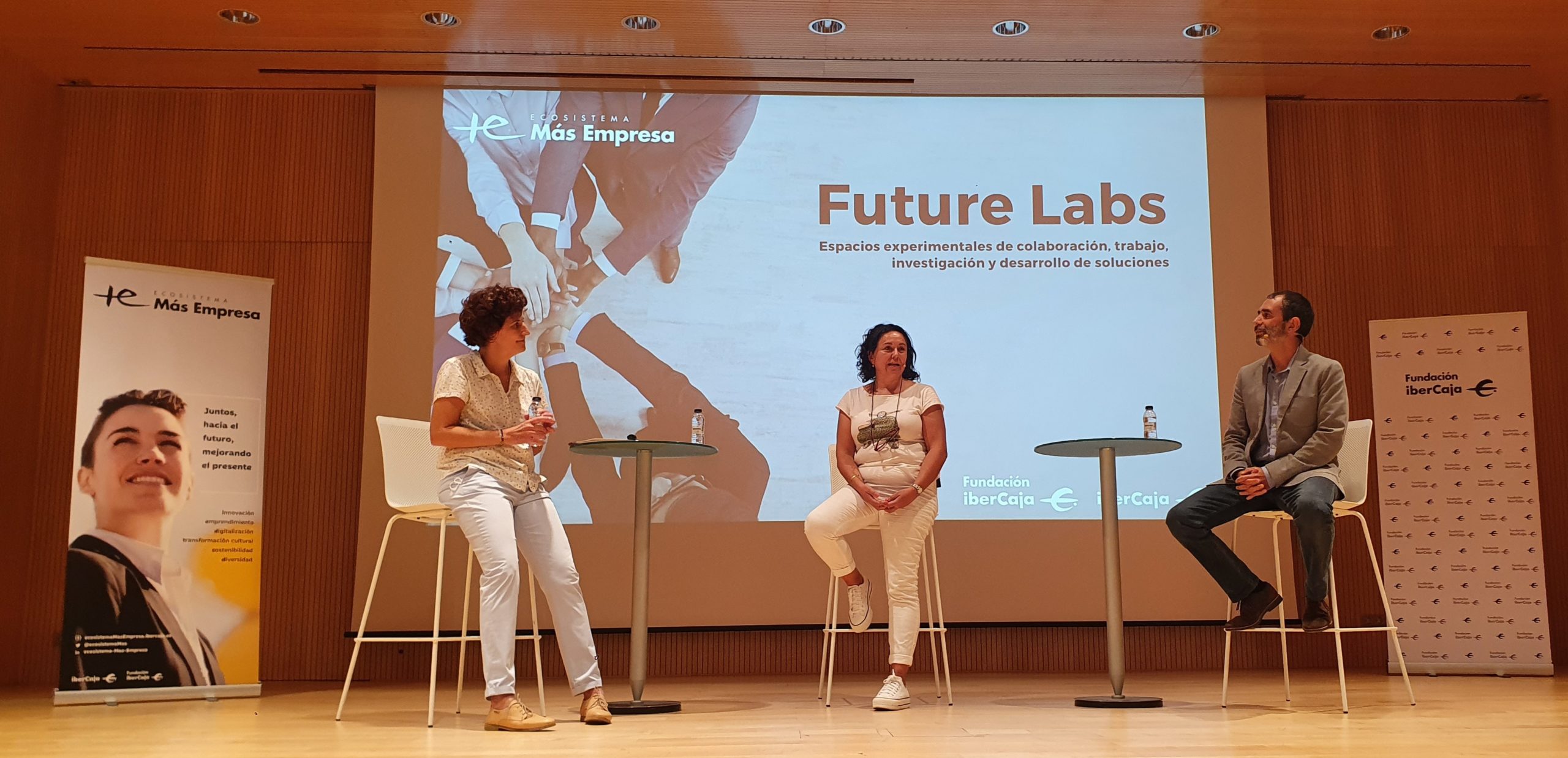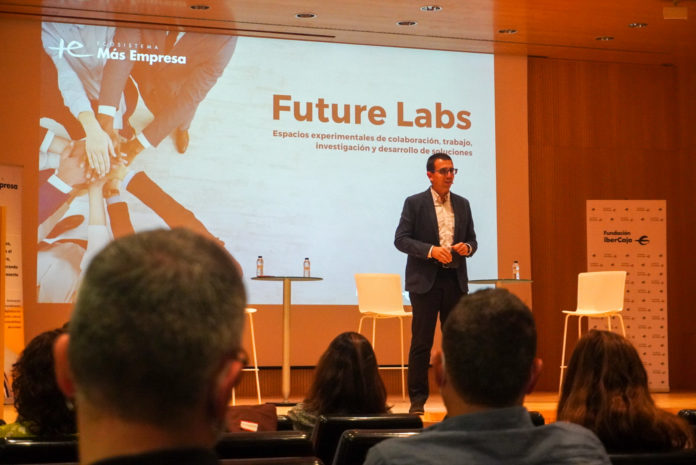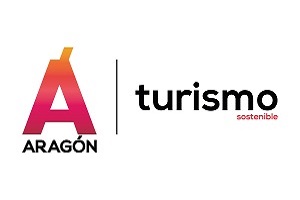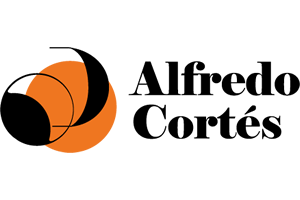This is the essence of the Future Labs, a new format for business collaboration created by Ibercaja’s Más Empresa ecosystem, which was presented on Wednesday 29th at Ibercaja’s Patio de la Infanta.
In addition, the Ibercaja ecosystem promotes collaboration from its open innovation challenge platform (https://ecosistemamasempresa.ibercaja.es/actividades/retos-de-open-innovation), where large companies, SMEs and micro-SMEs launch challenges for startups to propose applicable solutions, and from its acceleration programme ‘Atrévete a saltar’ (https://ecosistemamasempresa.ibercaja.es/actividades/atrevete-saltar), where “we are going to try to get some of the entrepreneurial projects that are participating in the programme to carry out their proofs of concept with other corporates”, said Luz López, director of Más Empresa.
“In the Future Labs we want to invest in people who are willing to design new opportunities for collaboration”
With the Future Labs, Más Empresa wants to activate the next level of collaboration. “Collaboration is not spontaneous; it has to be activated with the investment of resources. In the Future Labs we want to invest in people who are willing to design new opportunities for collaboration and try to make different formats of cooperation tangible. We are not looking for collaboration that means unanimity or consensus. What we want is to pool resources to achieve a better result”, stressed the director of Más Empresa.
López was accompanied at the presentation by Toño Ruiz, head of Commercial Strategy for Business Banking at Ibercaja Banco, who recalled that “at our institution we are committed to accompanying companies beyond the financial product, providing them with value throughout their life cycle, and helping them to adapt and move towards the future. And the Más Empresa ecosystem and the Future Labs we are presenting today are a clear example of this support. Our commitment is total: that is why, in our strategic plan Desafío 2023, companies play a leading role. We want to grow together, hand in hand with them, because we are at a key moment to support the productive fabric”.
Two ways of collaborating: ‘Lab Investiga’ and ‘Lab Co-crea’.
The presentation also featured Rafael Moreno, technical facilitator of these Future Labs, and Nekane Lapuerta, collaboration facilitator, who will help guide participants through this new format. For the time being, two labs will be set up: one for research and one for co-creation. In the first, ‘Lab Investiga’, starting from a specific topic, the working group will research, document and propose formulas to attack the problem. In the second, ‘Lab Co-creates’, starting from a challenge shared by the people in the working group, progress will be made in developing a solution to solve shared problems.
“The specific objectives of each Future Lab will be set by each group. Within the teams we will agree on how to work, with what tools and how often, according to the interests of the participants, but in both the ‘Lab Investiga’ and the ‘Lab Co-crea’ we will hold three fixed sessions that will mark the project: a presentation session and the planning of the next steps on 19 October; a control session on 16 November, in which the facilitators will be present to take the pulse of the evolution of the labs; and a project closing session on 16 December,” said Nekane Lapuerta.














